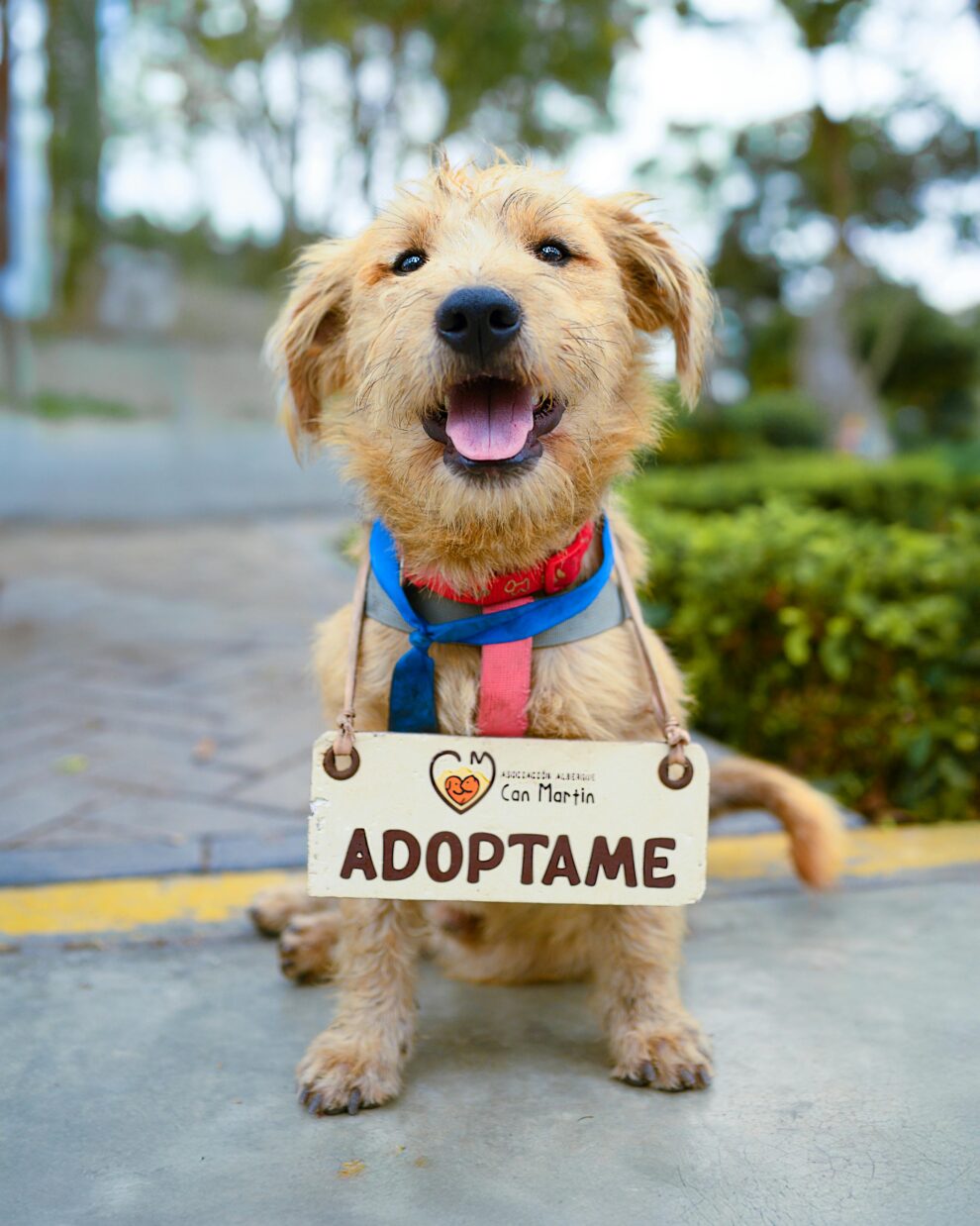Animals make our lives better—at home, at school, and in our neighbourhoods. But not every animal gets the care they need. Some pets are surrendered because families can’t afford vet bills. Wildlife gets hurt by cars, windows, or pollution. And sometimes, our laws don’t protect animals as well as we think.
The good news is that solutions already exist. Across Canada, charities are rescuing pets, offering low‑cost vet care, supporting wildlife, and pushing for stronger protections. They train volunteers, run clinics, and help people keep the animals they love. If we each do one thing—adopt, foster, donate, or speak up—we can make a real difference.
Here are some Canadian organizations doing trustworthy work right now.
Humane Canada: A National Voice for Animal Welfare
Humane Canada is the national federation of SPCAs and humane societies. It brings together local shelters and provincial groups to share standards, research, and better policies. When big issues come up—like puppy mills or enforcement gaps—Humane Canada coordinates the national response so local teams aren’t alone.
This matters because animal welfare isn’t just a local problem. Communities need consistent rules and resources, not a patchwork. By supporting Humane Canada, you help strengthen the whole network: stronger laws, better data, and training that spreads across the country.
BC SPCA: Rescue, Care, and Humane Education
The BC SPCA fights cruelty, rescues animals, and provides shelter and medical care across British Columbia. Their teams investigate complaints, run adoptions, and offer programs like spay/neuter, pet food banks, and humane education for schools.
Why it helps: prevention matters. Spay/neuter reduces unwanted litters. Education helps new owners understand animal needs. And investigations mean there’s a system looking out for animals when things go wrong.
Toronto Humane Society: Adoption and Affordable Vet Care
Toronto Humane Society focuses on adoption, fostering, and public veterinary services. Many families love their pets but struggle with the cost of care. THS offers spay/neuter, vaccines, and urgent care at accessible rates, so people don’t have to surrender animals to get help. They also support behaviour training and pet‑retention tools that keep families together.
Why it helps: keeping a pet in their home is usually the best outcome. It’s less stressful for animals and people, and shelters can focus on the cases that truly need intake. Donations help cover medical supplies, surgery time, and the basics—food, blankets, and safe spaces to heal.
Animal Justice: Giving Animals a Voice in the Law
Rescue is essential, but so are better rules. Animal Justice is a national legal advocacy group that pushes for stronger animal‑protection laws and takes key cases to court. Their lawyers work on issues like cruelty loopholes, transport standards, and enforcement. They also educate lawmakers on steps that make real change, like clearer definitions of neglect and stronger penalties for abuse.
Why it helps: when laws are weak, animals pay the price. A strong legal system makes every rescue more effective because it prevents harm in the first place. Supporting legal advocacy is a smart way to protect animals you may never meet.
Veterinarians Without Borders (VWB/VSF): One Health, Here and Abroad
Veterinarians Without Borders uses a “One Health” approach—the idea that the health of animals, people, and the environment are connected. They partner with communities in Canada and around the world to improve animal health, train local para‑vets, support rabies vaccination campaigns, and build capacity in remote regions.
Why it helps: healthy animals mean safer communities and better livelihoods. Vaccines prevent disease outbreaks. Training stays in the community long after a project ends. Your support turns into field clinics, cold‑chain supplies, and practical training that lasts.
Wildlife Rescue Association of BC: Helping Wild Neighbours
When a nest falls or a bird hits a window, people often don’t know what to do. Wildlife Rescue Association of BC runs a wildlife hospital and helpline to guide callers step by step. They treat injured birds and small mammals, release them when possible, and teach the public how to coexist with wildlife—like using window decals or keeping cats indoors during nesting season.
Why it helps: most wildlife injuries are accidental and preventable. A quick call can save an animal from well‑meant but risky actions. Supporting wildlife rehab means more animals get a second chance—and more people learn to live gently with nature.
Where Do We Go From Here?
Adopt, don’t shop—when you can. Shelters and rescues have animals of every age and size, including bonded pairs that already love each other. Ask about behaviour notes and medical history. If you’re set on a certain breed, look for a registered, ethical breeder who does health testing and welcomes home returns. Never buy from roadside sellers or online listings that refuse visits.
Foster for a month. Fostering opens kennel space for the next animal and gives staff better info about how a pet behaves in a home. It’s a short‑term, high‑impact way to help if your schedule or housing doesn’t allow a full adoption.
Plan for vet care. Budget for vaccines, spay/neuter, and emergencies. If money is tight, look for community clinics or public veterinary services at humane societies. Ask about payment plans or emergency funds before surrendering a pet you love.
Support spay/neuter and microchips. Fixing pets prevents unwanted litters and reduces roaming and fights. Microchips and up‑to‑date tags get lost animals home faster. Keep good photos of your pet’s face and markings just in case.
Be a better neighbour to wildlife. Keep cats indoors during fledgling season. Use decals or patterns on big windows to prevent bird strikes. Secure garbage and compost so you don’t attract wildlife into risky situations. If you find an animal in distress, call a wildlife helpline first.
Stand up for better laws. Write your councillor or MPP/MLA and ask for clearer animal‑protection rules, better enforcement, and support for cruelty investigations. Share accurate info and call out sales that encourage impulse pet buying.
Give what you can. Money goes far because shelters can buy at bulk prices. Monthly gifts help groups plan food, medicine, and staffing. If you prefer supplies, check the shelter’s wish list first so you bring what’s truly needed.
Final Thoughts
Animals don’t have a voice in meetings or budgets. They rely on us to notice, to care, and to act. The groups above are practical and focused on results—rescue and adoption, affordable vet care, legal change, better wildlife coexistence, and One Health programs that improve life for people too.
You don’t have to do everything. Choose one step that fits your life: foster for a month, book a spay/neuter, donate, share a wildlife hotline, or ask your council for stronger protections. Small, steady actions from many people add up to big change—more animals safe, more families supported, and more wild neighbours released back home where they belong.





















